The Merchants of Cool (2001)
A documentary on the marketing of pop culture to Teenagers.
A documentary on the marketing of pop culture to Teenagers.
 Douglas RushkoffSelf
Douglas RushkoffSelf Christina AguileraSelf
Christina AguileraSelf Greg BerlantiSelf
Greg BerlantiSelf Jessica BielSelf
Jessica BielSelf Adam CarollaSelf
Adam CarollaSelf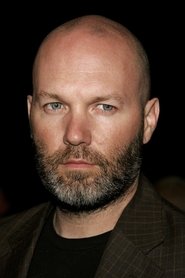 Fred DurstSelf
Fred DurstSelf Malcolm GladwellSelf
Malcolm GladwellSelf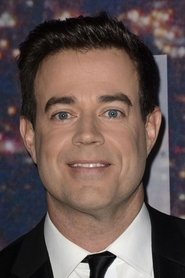 Carson DalySelf
Carson DalySelf Shaggy 2 DopeShaggy 2 Dope
Shaggy 2 DopeShaggy 2 Dope
A documentary about the legendary Japanese filmmaker.
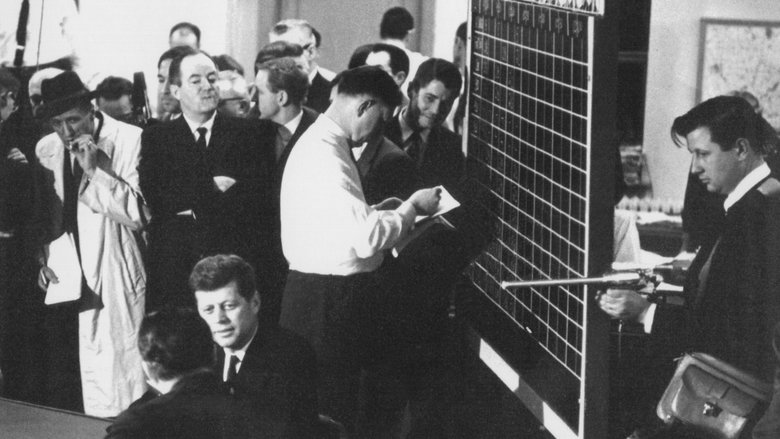
Primary is a documentary film about the primary elections between John F. Kennedy and Hubert Humphrey in 1960. Primary is the first documentary to use light equipment in order to follow their subjects in a more intimate filmmaking style. This unconventional way of filming created a new look for documentary films where the camera’s lens was right in the middle of what ever drama was occurring. Preserved by the Academy Film Archive in partnership with The Film Foundation in 1998.

Iconic Welsh rock musician Mike Peters' rise to fame, battle with cancer and inspiring return, featuring one-of-a-kind performances from other legendary musicians.
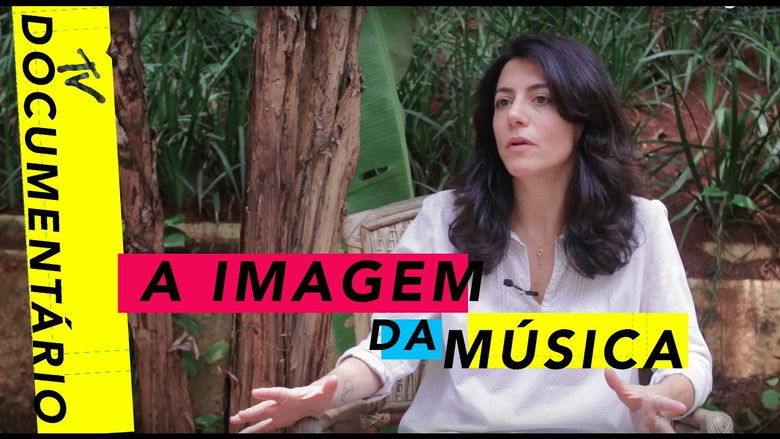
The documentary goes through the 23 years of MTV Brazil, taking stock from the avant-garde to the ostracism of the broadcaster that was the main guide for the musical, cultural and social formation of young people in the 90's and 2000's with interviews and testimonials from former VJ's and artists that emerged and became popular in the country because of the channel.
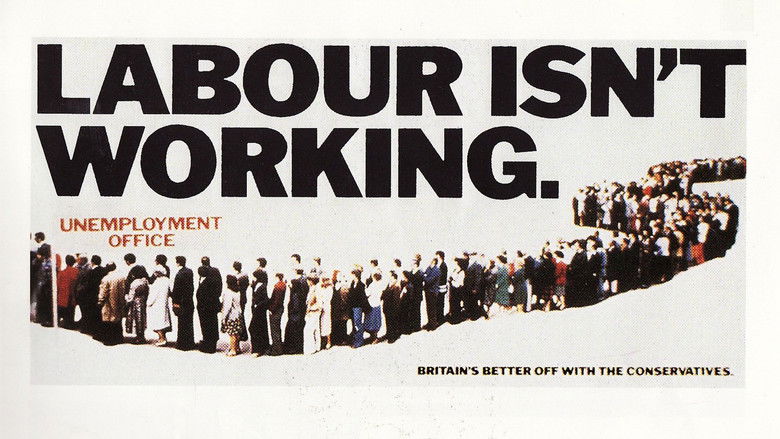
Featuring interviews with Sir John Hegarty, Lord Tim Bell and Robert E. Jacoby, The Real Saatchis: Masters of Illusion chronicles the rise and fall of Britain's largest advertising agency,

World famous pop group the Spice Girls zip around London in their luxurious double decker tour bus having various adventures and performing for their fans.

Year after year hundreds of thousands of fans line the route of the Tour de France, cheering on their heroes and willing them to victory, while millions of viewers worldwide tune in on their televisions. Academy Award-winning director Pepe Danquart, fascinated by the spectacle of the three week race, chose to focus on the courage, the pain and the fear of the riders of the Tour. Training his lens on German superstar sprinter Eric Zabel and his loyal domestique Rolf Aldag, Danquart captures the thrill of the race and the teamwork behind the stars of the peleton. He also shines light on the Tour's supporting cast - the director sportifs, masseurs, and, of course, the wildly enthusiastic fans. Reveling in the stunning landscape - from the Alps to the Pyrenees to the Massif Central to Paris - and with a nice dollop of Le Tour's history, HELL ON WHEELS transcends the sport it celebrates to reveal an astonishing human endeavor.
When a young woman is shot by an undocumented immigrant on Pier 14 in San Francisco, the incident ignites a political and media furor that culminates in Donald Trump’s election as President of the United States. In the eye of this storm, two public defenders fight to reveal the truth.

On January 18, 2019, 17-year old Nick Sandmann, a student at the affluent Covington Catholic High School in Kentucky, was internationally villainized on social media and in the 24-hour news cycle as he and his classmates appeared to confront Native American elder Nathan Phillips on the steps of the Lincoln Memorial in Washington, D.C. during a March for Life rally. Video clips of the interaction went viral overnight and Sandmann and his classmates faced worldwide outrage as the entire Covington Catholic community became the center of uncomfortable conversations about racism, privilege and politics.
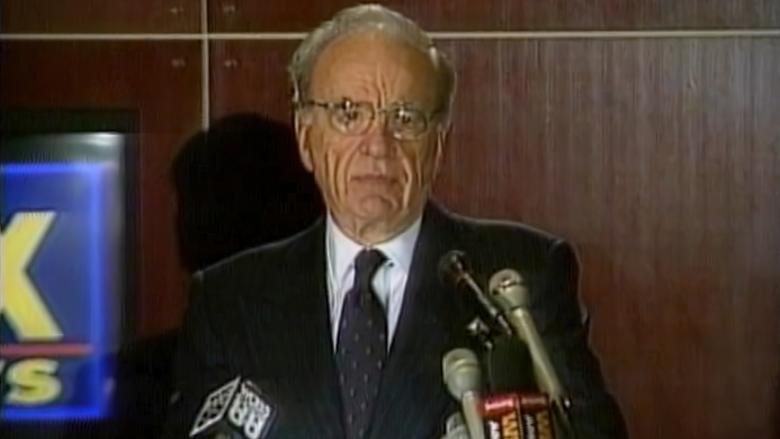
This film examines how media empires, led by Rupert Murdoch's Fox News, have been running a "race to the bottom" in television news, and provides an in-depth look at Fox News and the dangerous impact on society when a broad swath of media is controlled by one person. Media experts, including Jeff Cohen (FAIR) Bob McChesney (Free Press), Chellie Pingree (Common Cause), Jeff Chester (Center for Digital Democracy) and David Brock (Media Matters) provide context and guidance for the story of Fox News and its effect on society. This documentary also reveals the secrets of Former Fox news producers, reporters, bookers and writers who expose what it's like to work for Fox News. These former Fox employees talk about how they were forced to push a "right-wing" point of view or risk their jobs. Some have even chosen to remain anonymous in order to protect their current livelihoods. As one employee said "There's no sense of integrity as far as having a line that can't be crossed."

Gary, a musician, is trapped in an unhappy relationship with his live-in lover, Dora. He becomes enthralled with a beautiful seductress who enters his dreams, and tries to control his dream-state so he can spend more and more time with her. When Gary sees his mystery woman's face on a bus billboard, he discovers she is real, and fate brings him an opportunity to meet her.
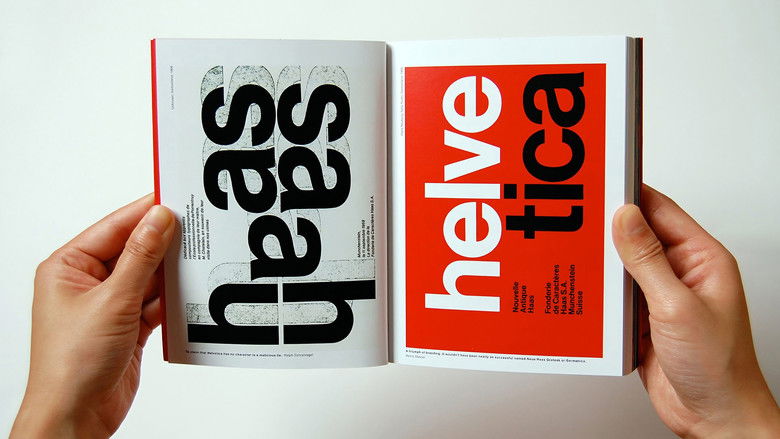
Helvetica is a feature-length independent film about typography, graphic design and global visual culture. It looks at the proliferation of one typeface (which will celebrate its 50th birthday in 2007) as part of a larger conversation about the way type affects our lives. The film is an exploration of urban spaces in major cities and the type that inhabits them, and a fluid discussion with renowned designers about their work, the creative process, and the choices and aesthetics behind their use of type.

Since the late 18th century American legal decision that the business corporation organizational model is legally a person, it has become a dominant economic, political and social force around the globe. This film takes an in-depth psychological examination of the organization model through various case studies. What the study illustrates is that in the its behaviour, this type of "person" typically acts like a dangerously destructive psychopath without conscience. Furthermore, we see the profound threat this psychopath has for our world and our future, but also how the people with courage, intelligence and determination can do to stop it.
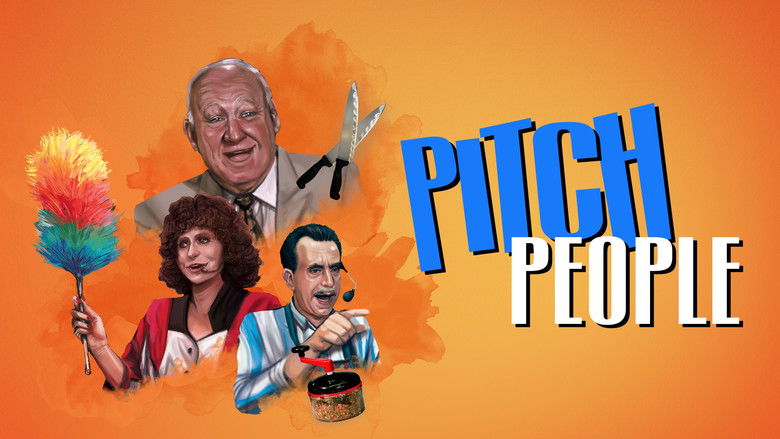
The art of the "pitch" and its role in society, as told by many of the pitch industry's greatest salesmen, including Arnold Morris, Sandy Mason, Lester Morris, Wally Nash and Ed McMahon as well as a look at the Popeil family.


Josie, Melody and Val are three small-town girl musicians determined to take their rock band out of their garage and straight to the top, while remaining true to their look, style and sound. They get a record deal which brings fame and fortune but soon realize they are pawns of two people who want to control the youth of America. They must clear their names, even if it means losing fame and fortune.
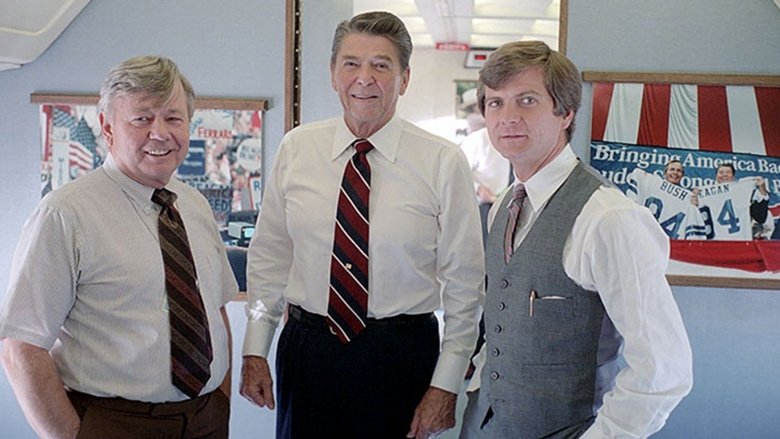
Boogie Man is a comprehensive look at political strategist, racist, and former Republican National Convention Committee chairman, Lee Atwater, who reinvigorated the Republican Party’s Southern Strategy to increase political support among white voters in the South by appealing to racism against African Americans. He mentored Karl Rove and George W. Bush and played a key role in the elections of Reagan and George H.W. Bush.
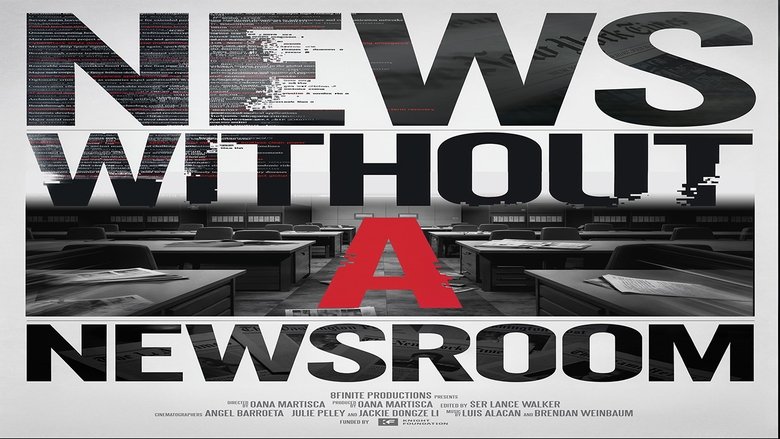
As local newsrooms vanish, "News Without a Newsroom" explores journalism's uncertain future in the digital age. Through powerful stories and expert insights, the film examines the collapse of traditional media, the rise of misinformation, and the fight to preserve truth, trust and accountability in an era of disruption.
An examination of Kubrick’s ‘A Clockwork Orange’ on Camera 3 (1972)

A film about the noted American linguist/political dissident and his warning about corporate media's role in modern propaganda.